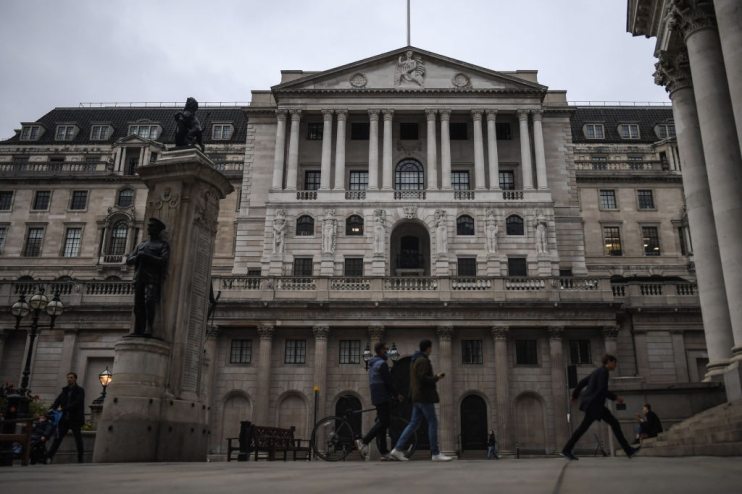CBI chief economist: Bank of England chasing missed rate hikes

The Bank of England has been slow to get ahead of an inflation crunch that is now expected to choke the UK’s economic recovery, according to the chief economist at Britain’s top business group.
Rate setters “should have acted sooner in the autumn” to cool the elevated cost of living, Rain Newton-Smith, chief economist at the Confederation of British Industry, told City A.M.
“You have to get ahead of things with the idea that you then have to do less overall,” she said.
Some experts have predicted the Bank will now have to tighten monetary policy much quicker than it is comfortable with as a result of delaying rate hikes in the second half of last year.
It “feels like [the Bank has] been playing a game of catch up over the last few months,” Newton-Smith said in an interview that will run in tomorrow’s paper edition of City A.M.
The comments come ahead of governor Andrew Bailey delivering a speech this evening in which he is expected to defend the Bank’s approach to managing inflation that will be closely watched by the City.
Bailey’s effectiveness at spearheading Threadneedle Street’s communication strategy – seen as a key tool in a central bank’s arsenal to deliver successful monetary policy – has been called into question.
Last November, the first rate rise in three years seemed nailed on after Bailey sent a strong signal to markets that the Bank would act to tamp down on an inflation rate that was starting to take off. The Bank rolled back from lifting borrowing costs, drawing criticism from the City.
Since then, Threadneedle Street has raised rates at three meetings in a row, the first time it has done so since 1997, taking them back to pre-pandemic levels of 0.75 per cent.
Over that same time, inflation has climbed to a 30-year high of seven per cent, according to the Office for National Statistics.
Economists at JP Morgan are pencilling in four more rate rises this year, starting at its next meeting on 5 May, which would mark the quickest calendar year tightening cycle since the late 1980s.